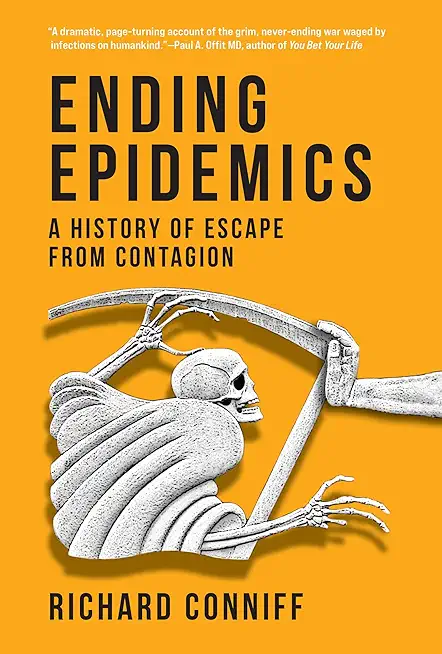
description
2After experiencing sexual trauma, the journey toward healing can be as daunting as climbing Mt. Everest. Survivors of sexual trauma may struggle to push forward toward improved mental and relational health, fearing that healing may be out of reach. However, survivors who catch a glimpse of the summit of hope may continue to wrestle with the question - how do overcome from where I'm standing? This workbook aims to assists those who are seeking help in moving forward. In the mental health field, it is vitally important to provide clients with resources that aid their progress. The "Released: Overcoming Sexual Trauma Workbook" is the complementary tool for readers of "Released: Overcoming Sexual Trauma". Based on the narrative of Katie Maurice's sexual trauma, this aid comprises research and applicable information for readers to better understand the impact of trauma on mind, body, and brain. This workbook will serve as a guide for those on their personal journey of healing from sexual trauma, clinicians and students of mental health to deepen the understanding of trauma's effects, and support groups looking to provide resources for its members. For readers who have sought out resources for sexual trauma healing, this workbook will consist of research that may resonate with your experience. Whether it be unhealthy relational patterns, insecure attachments, or somatic symptoms, trauma survivors can identify areas of life the sexual trauma has disrupted. From websites to reading material, such readers will be better equipped to address their sexual trauma with the help of a support system and therapist. People in academic and clinical settings may utilize this workbook as an extensive study on sexual trauma and its impact on cognitive, emotional, and relational development. Attachment theory, neurophysiology, and developmental psychology among other branches of psychology help professionals conceptualize how trauma impacts an individual's identity formation, emotional development, and relational wellbeing. Support groups can benefit from using such material as members incorporate self-reflection questions in their daily or weekly sessions.
member goods
No member items were found under this heading.
Return Policy
All sales are final
Shipping
No special shipping considerations available.
Shipping fees determined at checkout.







